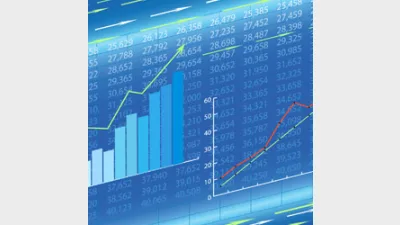Super funds move to after-tax benchmark



VicSuper and Australian Ethical Super are the latest superannuation funds to move to after-tax benchmarking, choosing the FTSE Group and its ASFA Australia Index Series.
Both funds will use the franking credit tranches of the index as performance benchmarks for their Australian equity portfolios, including the effects of franking credits and off-market buy-backs.
FTSE Group director Julie Andrews said it had seen more and more funds weighing Australian equities manager performance in terms of FTSE's after-tax benchmark series.
"This not only correctly aligns the interests of the managers with that of their members, it also enables trustees to comply with the MySuper legislation which requires fund managers to be measured on after-tax performance," she said.
VicSuper chief investment officer Oscar Fabian said harvesting franking credits and promoting lower portfolio turnover through the use of tax-aware investing could add to members' investment returns.
"Using an after-tax benchmark is an effective means of ensuring our managers seek to generate alpha from franking credits," he said.
Australian Ethical Superannuation chief investment officer David Macri said AES believed an after-tax benchmark would allow it to measure the success of its investment strategy.
The FTSE ASFA Index Series has picked up 25 fund managers and custodians since it was developed in conjunction with the Association of Superannuation Funds of Australia four years ago.
Recommended for you
Australia’s largest super funds have deepened private markets exposure, scaled internal investment capability, and balanced liquidity as competition and consolidation intensify.
The ATO has revealed nearly $19 billion in lost and unclaimed super, urging over 7 million Australians to reclaim their savings.
The industry super fund has launched a new digital experience designed to make retirement preparation simpler and more personalised for its members.
A hold in the cash rate during the upcoming November monetary policy meeting appears to now be a certainty off the back of skyrocketing inflation during the September quarter.










